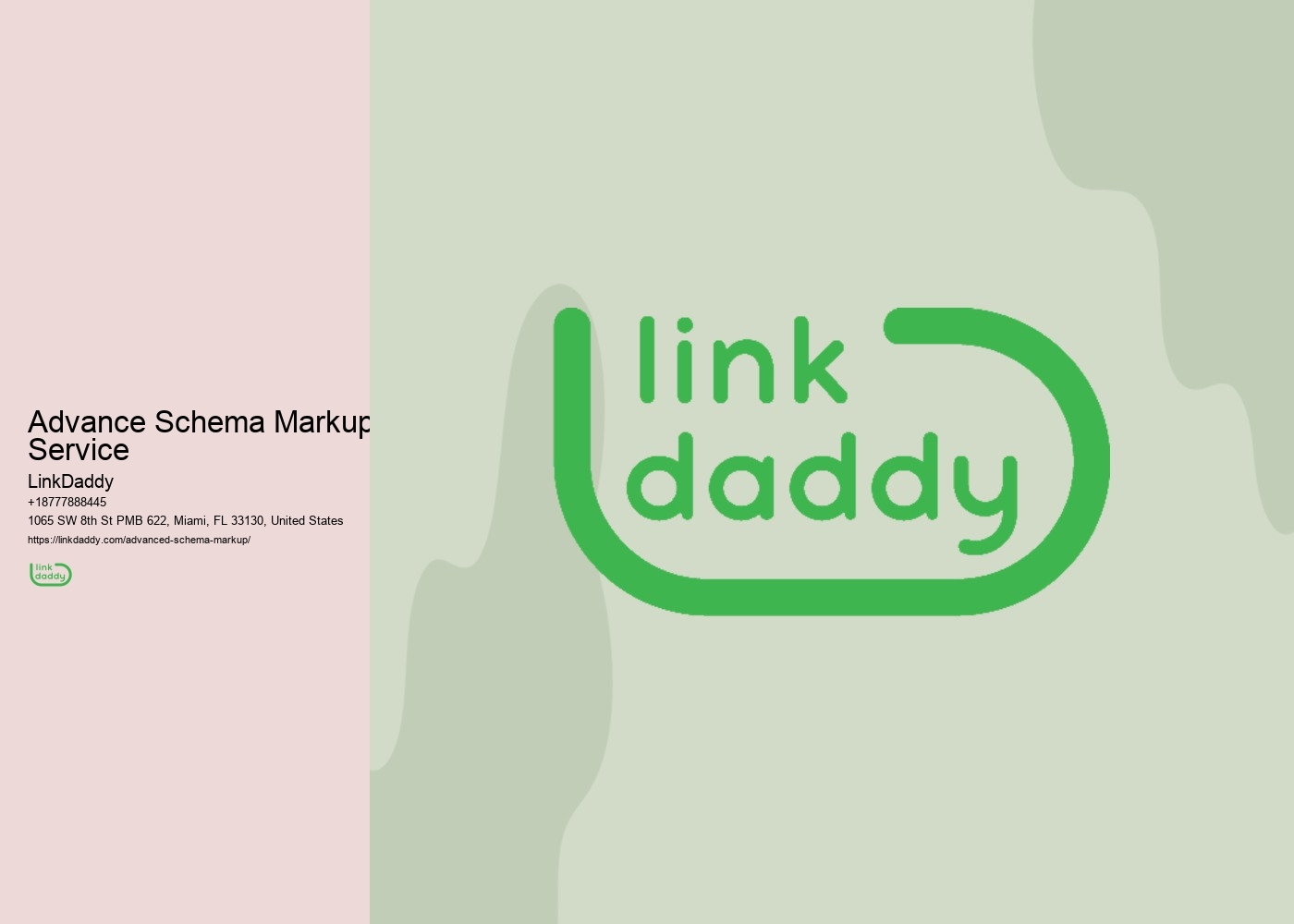

In the ever-evolving landscape of digital marketing, the significance of enhancing a website's visibility cannot be overstated. Advanced schema markup services offer a strategic approach to structuring data that can profoundly impact a website's performance in search engine results.
By utilizing specialized markup vocabulary to communicate with search engines effectively, websites can unlock a realm of opportunities to stand out amidst a sea of online content. The implementation of schema markup not only aids in improving search engine optimization but also holds the key to unlocking rich snippets that can captivate users' attention and drive organic traffic.
The world of schema markup is intricate and multifaceted, offering a glimpse into the future of how websites can elevate their online presence.
Schema markup plays a crucial role in enhancing a website's visibility and search engine performance. By incorporating schema markup, websites provide search engines with valuable information about their content, enabling them to display rich snippets in search results.
These rich snippets enhance the visibility of a website by presenting additional details such as star ratings, reviews, pricing, and availability directly on the search engine results page. This additional information not only attracts users' attention but also increases the click-through rate to the website.
Furthermore, schema markup helps search engines better understand the context of the content on a website, leading to improved organic search rankings and overall visibility in search engine results pages.
After acknowledging the pivotal role that schema markup plays in enhancing website visibility and search engine performance, it is essential to explore the various types of schema markup available to optimize content presentation and search engine understanding.
Some common types of schema markup include Organization, Local Business, Article, Event, Product, Recipe, FAQ, and Review. The Organization markup helps search engines identify details about a specific organization, such as its name, logo, and contact information. Local Business markup provides information about a local business, including its address and opening hours.
Article markup helps search engines understand the content of an article, while Event markup provides details about events. Product markup showcases information about products, Recipe markup helps with cooking instructions, FAQ markup addresses frequently asked questions, and Review markup displays ratings and reviews. Each type of schema markup serves a specific purpose in enhancing search engine visibility and user experience.

Rich snippets offer website owners a valuable opportunity to enhance their online presence and attract more attention from search engine users. By incorporating rich snippets into your website's schema markup, you can provide users with more detailed and relevant information directly on the search engine results page.
This can lead to increased click-through rates, as users are more likely to click on your website when they see valuable information displayed prominently in the search results. Additionally, rich snippets can improve the visibility of your website, making it stand out among competitors and increasing the likelihood of attracting organic traffic.
Overall, leveraging rich snippets through advanced schema markup services can significantly benefit your website's visibility and overall performance in search engine results.
One crucial aspect of optimizing a website for search engine visibility is the strategic implementation of schema markup to enhance its SEO performance. Schema markup provides search engines with additional context about the content on a webpage, helping them better understand the website's relevance to user queries.
To implement schema for SEO effectively, web developers need to identify the most relevant schema types for their content and incorporate them into the site's HTML code. By structuring data with schema markup, websites can potentially achieve higher search engine rankings, increased click-through rates, and improved visibility in search results.
Successful implementation of schema for SEO requires ongoing monitoring and updates to ensure that the markup remains accurate and up-to-date with evolving search engine algorithms.

To effectively leverage schema markup for SEO, web developers can utilize a variety of schema markup tools designed to streamline the process of implementing structured data on websites. Some popular schema markup tools include Google's Structured Data Markup Helper, Schema.org's Schema Markup Generator, and Merkle's Schema Markup Generator.
These tools offer user-friendly interfaces that allow developers to easily create and validate schema markup code for different types of content, such as articles, events, products, and more. By using these tools, web developers can ensure that their websites are properly optimized for search engines, resulting in increased visibility and higher rankings in search engine results pages.
Leveraging schema markup tools is a crucial step in enhancing a website's visibility and driving organic traffic.
In the ever-evolving landscape of digital marketing, the future of schema markup holds immense potential for revolutionizing the way websites are indexed and displayed in search engine results. As search engines continue to prioritize providing users with relevant and rich information, leveraging advanced schema markup will become increasingly crucial for enhancing online visibility.
The future of schema markup is likely to involve more intricate schemas that cater to diverse content types, such as video, audio, and virtual reality, enabling websites to communicate with search engines more effectively.
Additionally, advancements in artificial intelligence and machine learning may further refine how search engines interpret and utilize schema markup, shaping a more sophisticated and efficient indexing process for websites across various industries.

Schema markup significantly impacts user experience on a website by providing search engines with structured data that helps them understand the content better. This, in turn, can lead to enhanced search engine result listings, such as rich snippets, which provide users with more relevant and informative details about a website before they even click on the link. Ultimately, schema markup can improve website visibility, credibility, and user engagement, contributing to a more seamless and informative user experience.
Schema markup itself does not directly impact website loading speed. However, implementing schema markup effectively can indirectly contribute to faster loading times by providing search engines with structured data, which can enhance the understanding and indexing of your website's content. This improved organization can lead to more efficient crawling and potentially positively impact loading speed as a result. It is crucial to ensure that the implementation of schema markup is done correctly to achieve these benefits.
When it comes to updating schema markup on a website, there isn't a one-size-fits-all frequency recommendation. It's advised to review and update schema markup whenever there are changes to the website's structure, content, or offerings. Regular monitoring of search engine guidelines and industry best practices can also help determine if any updates to the schema markup are necessary. Keeping the schema markup current ensures that search engines properly interpret and display the website's information.